Top Crypto News: Page 8
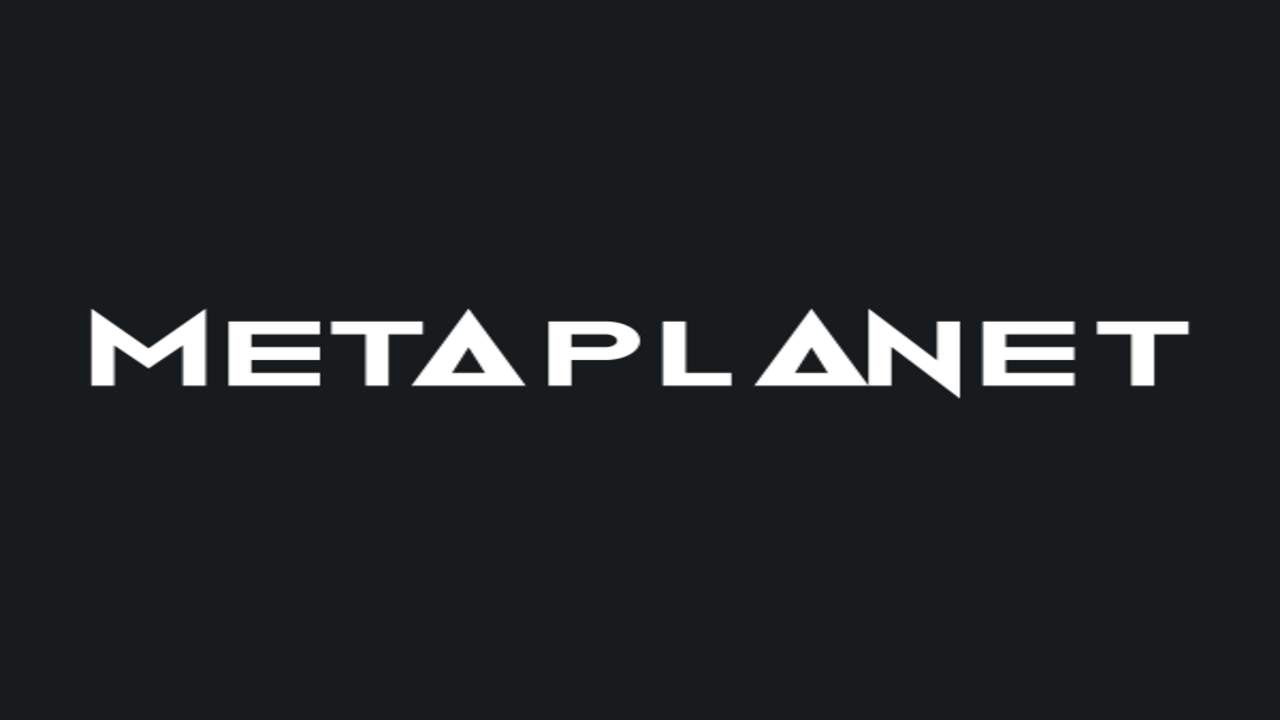
Metaplanet Adds 145 BTC, Reaches 5,000 BTC Total
5 months ago
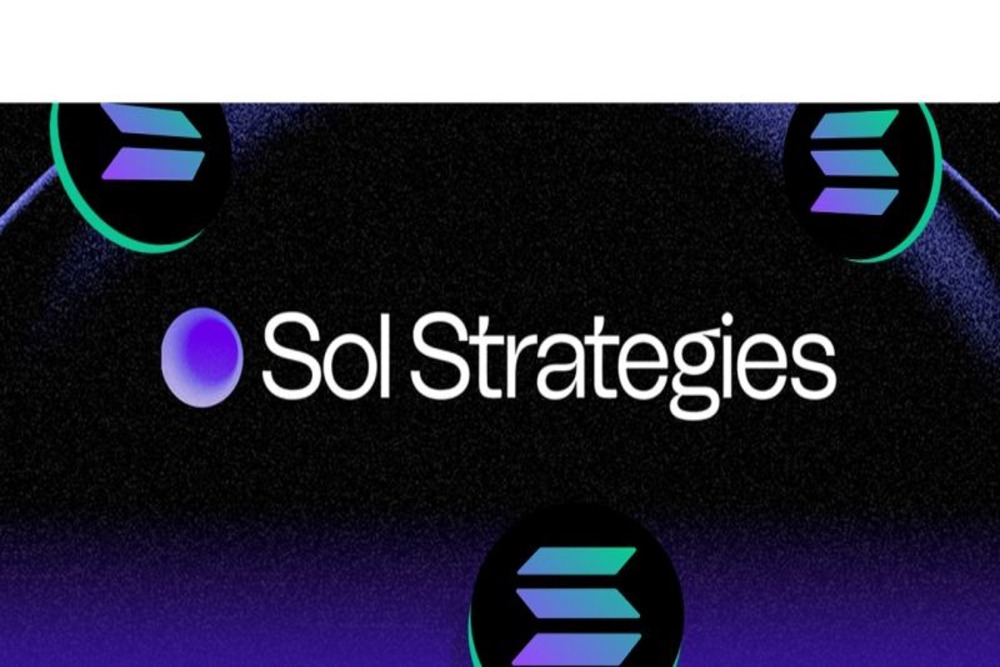
SOL Strategies Secures $500 Million to Invest in Solana
5 months ago
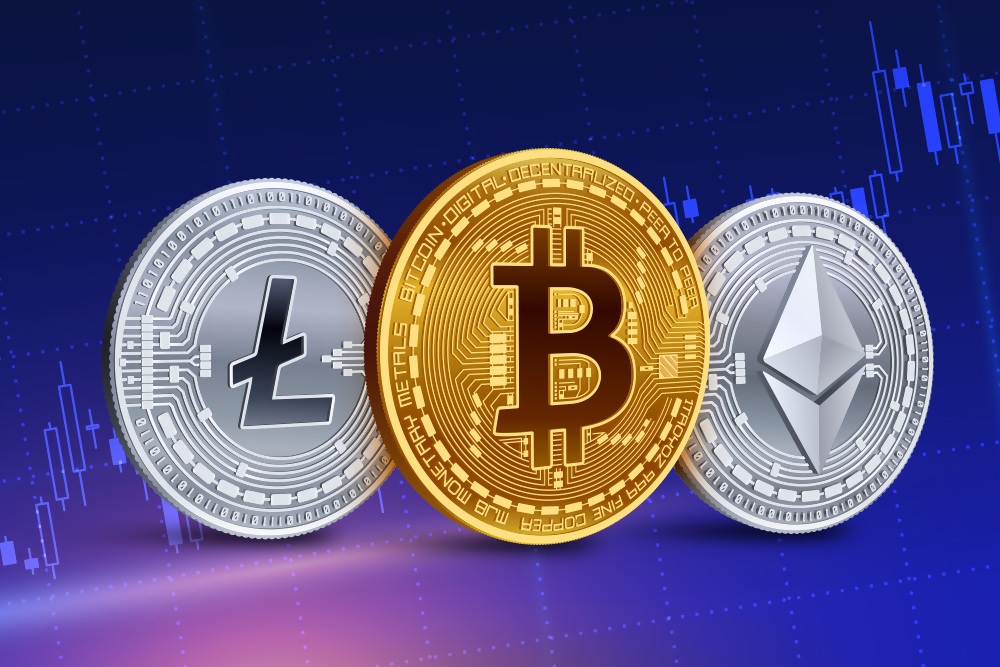
Price Analysis 4/23: BTC, ETH, XRP, BNB, SOL
5 months ago
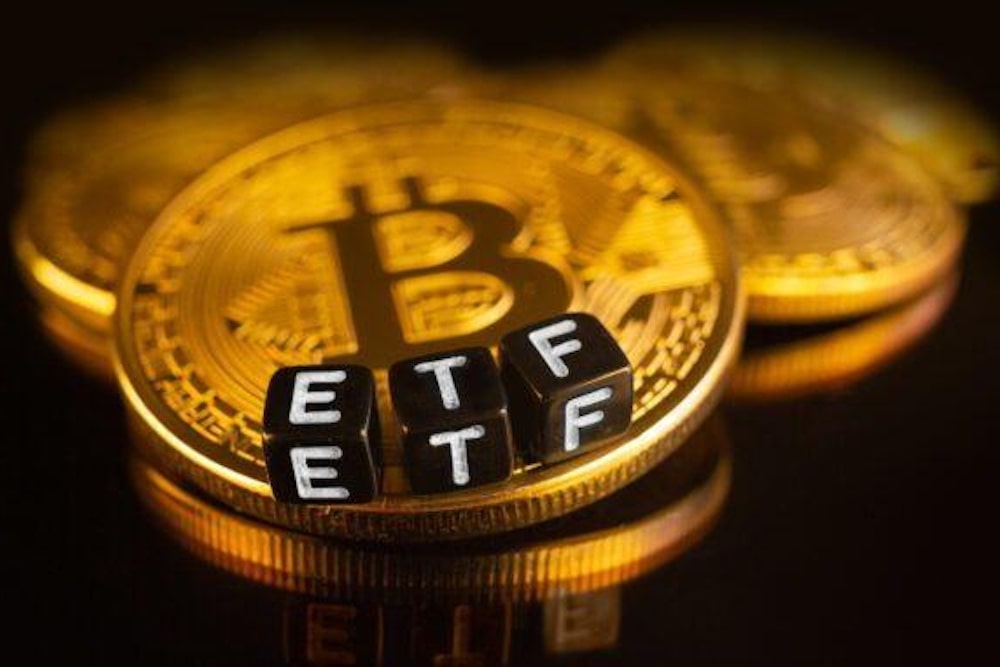
U.S. Spot Bitcoin ETFs Amass Almost $1B as BTC Touches $94k
5 months ago
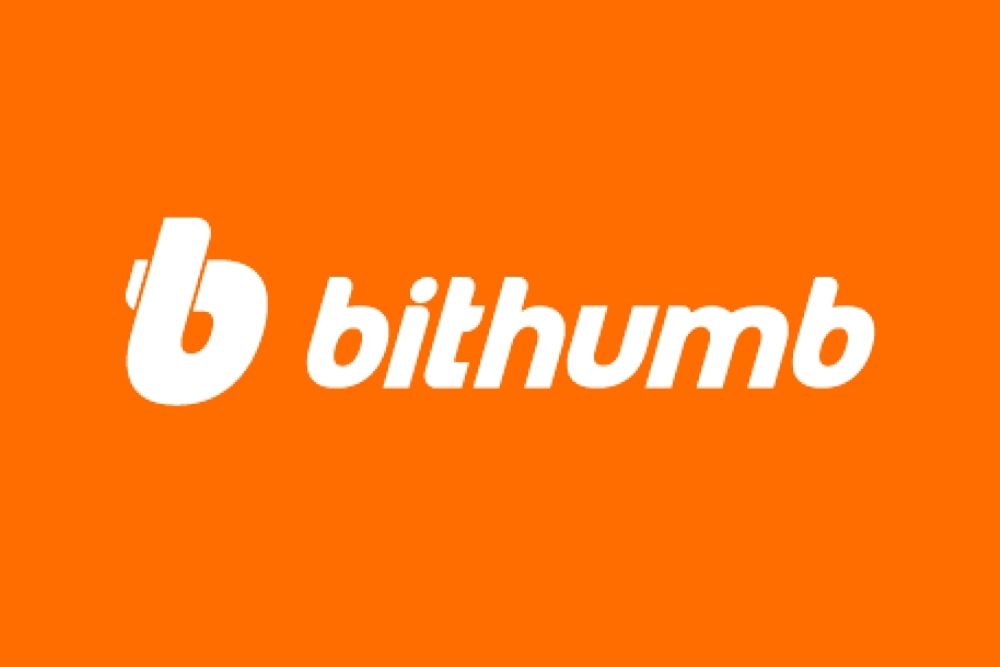
S. Korean Exchange Bithumb Considers Restructuring Amid IPO Plans
5 months ago

Top Five Cryptocurrencies to Watch: BTC, ETH, TON, SUI, STX
5 months ago
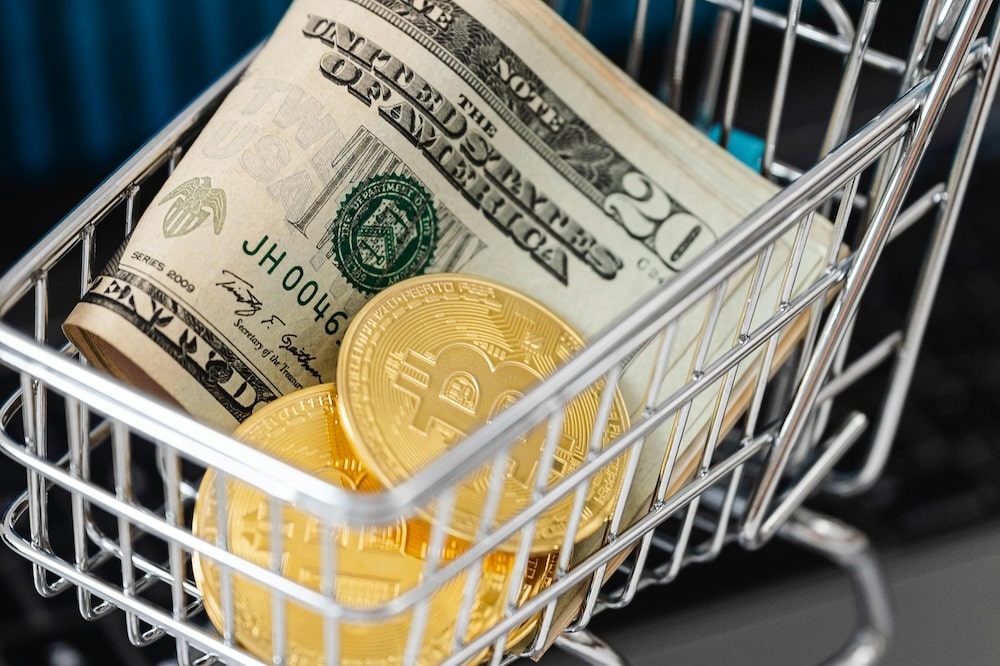
Metaplanet Bolsters Bitcoin Holdings with $28.2M Purchase
5 months ago
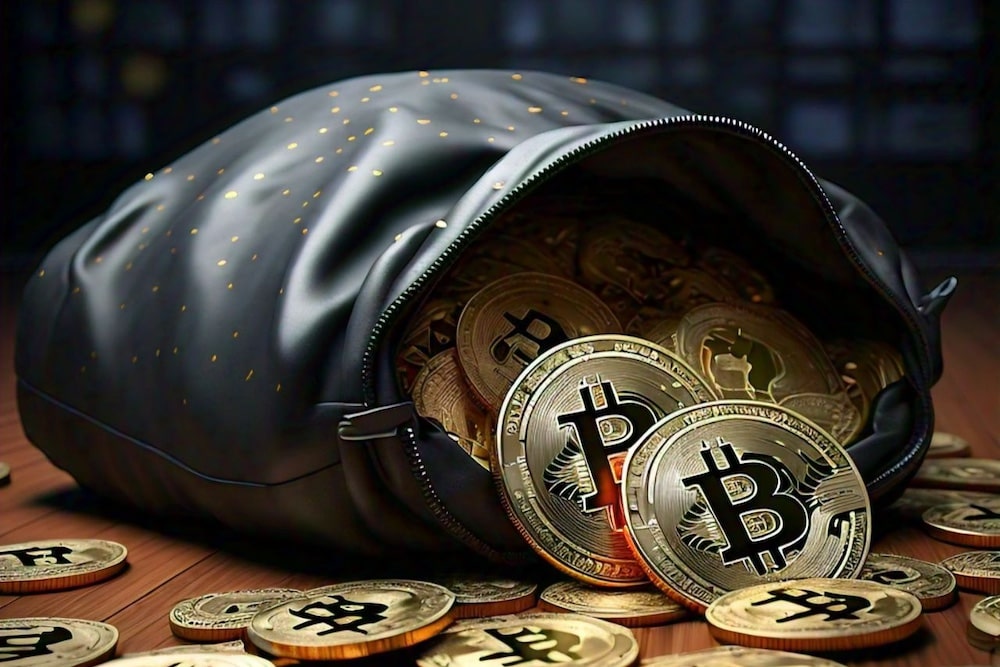
UK Firm Abraxas Capital Acquires 2,900 BTC for $250M
5 months ago

Crypto Exchange eXch to Shut Down Following Alleged North Korean Hackers Ties
5 months ago

Traders Face $15M Losses Following Coinbase’s Base Memecoin Promotion
5 months ago

OKX Announces U.S. Debut with Exchange and Wallet Services Launch
5 months ago

KiloEx Platform Breached, Exploiter Steals $7 Million in Assets
5 months ago
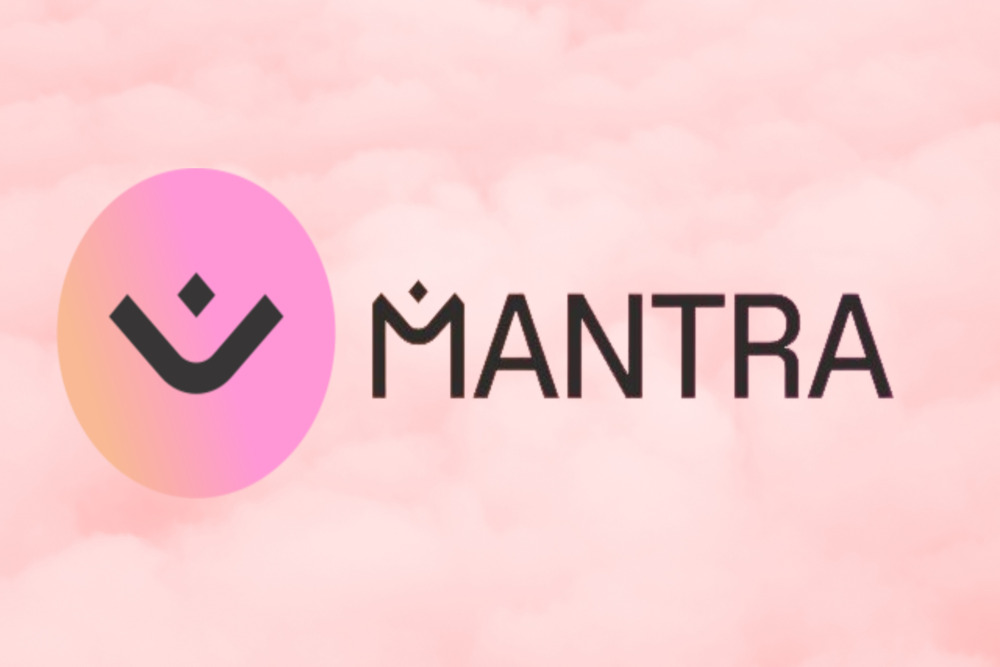
MANTRA Plummets 90%, Wiping Out $6B in Market Capitalization
5 months ago
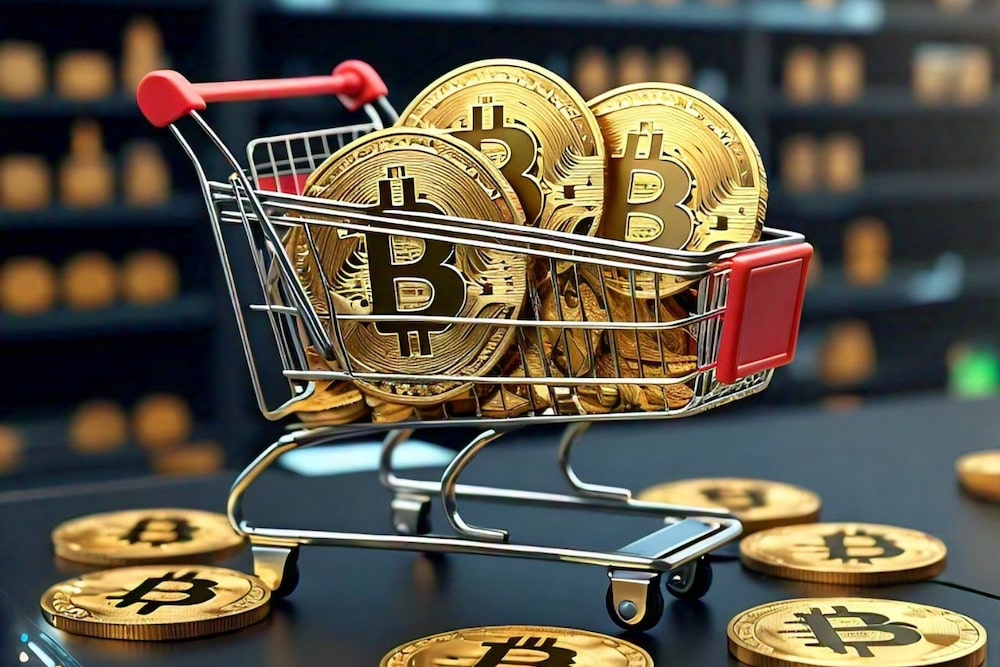
Metaplanet Goes Shopping Again, Acquires Additional 319 BTC
5 months ago
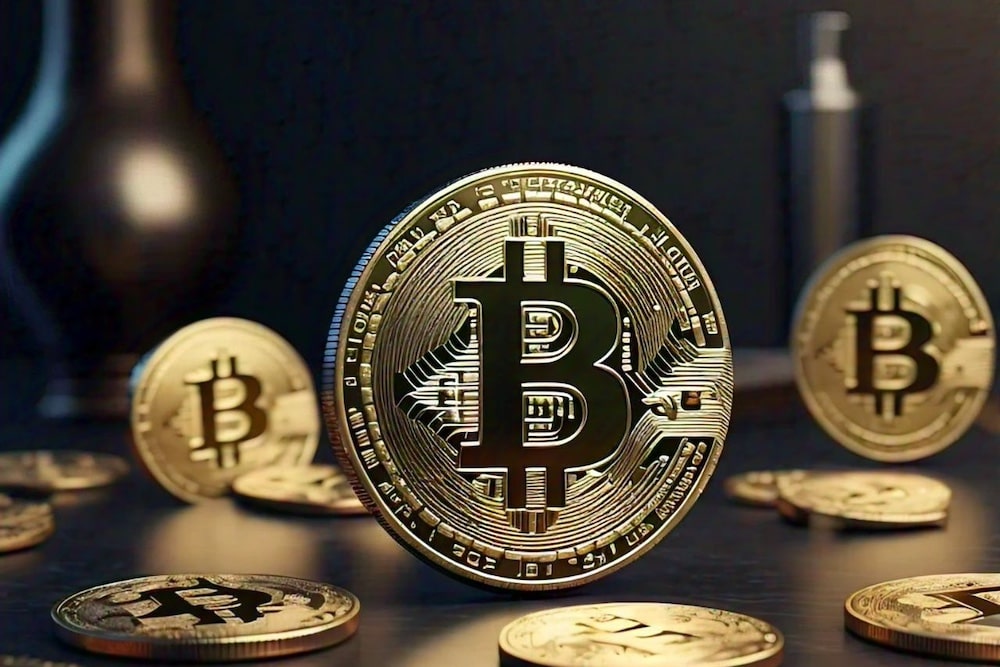
UK School Breaks Ground, Accepts Bitcoin for Fee Payments
5 months ago

U.S. SEC Permanently Dismisses Lawsuit Against Helium Creator Nova Labs
5 months ago
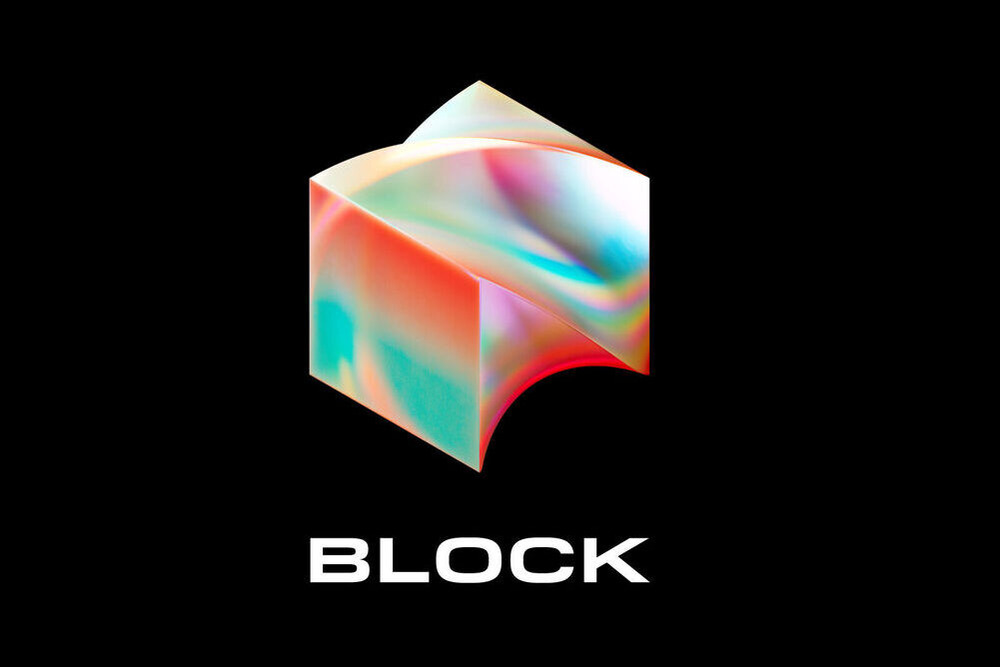
Crypto Payment Firm Block to Pay $40M Settlement Over AML Violations
5 months ago
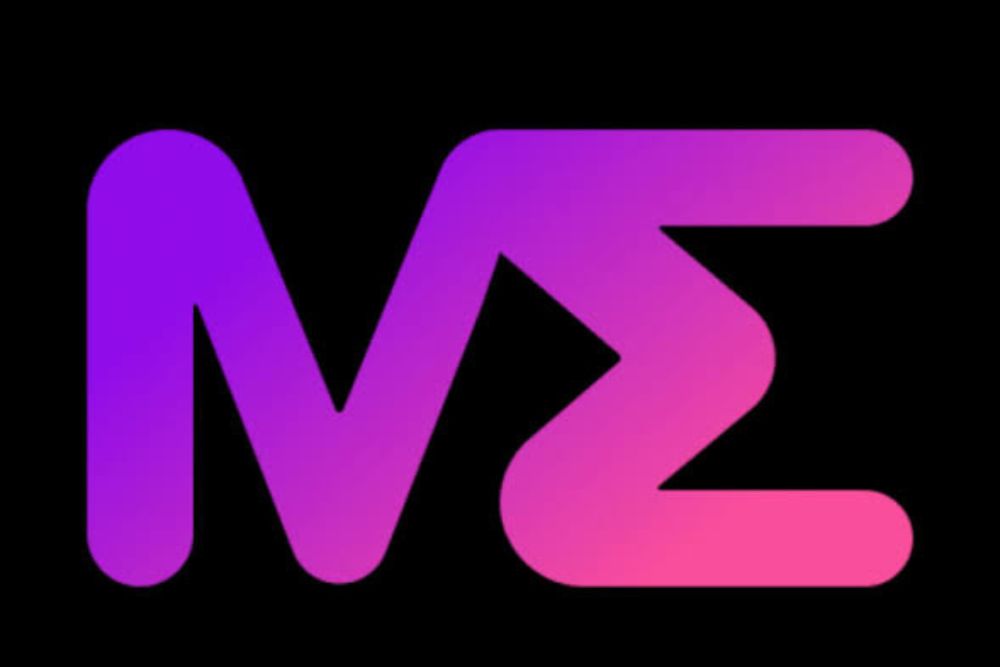
NFT Platform Magic Eden Diversifies, Acquires Crypto Trading App Slingshot
5 months ago

Senate Confirms Paul Atkins as New SEC Chair
5 months ago

Argentine House of Representatives Launches Probe into LIBRA Memecoin Scandal
5 months ago